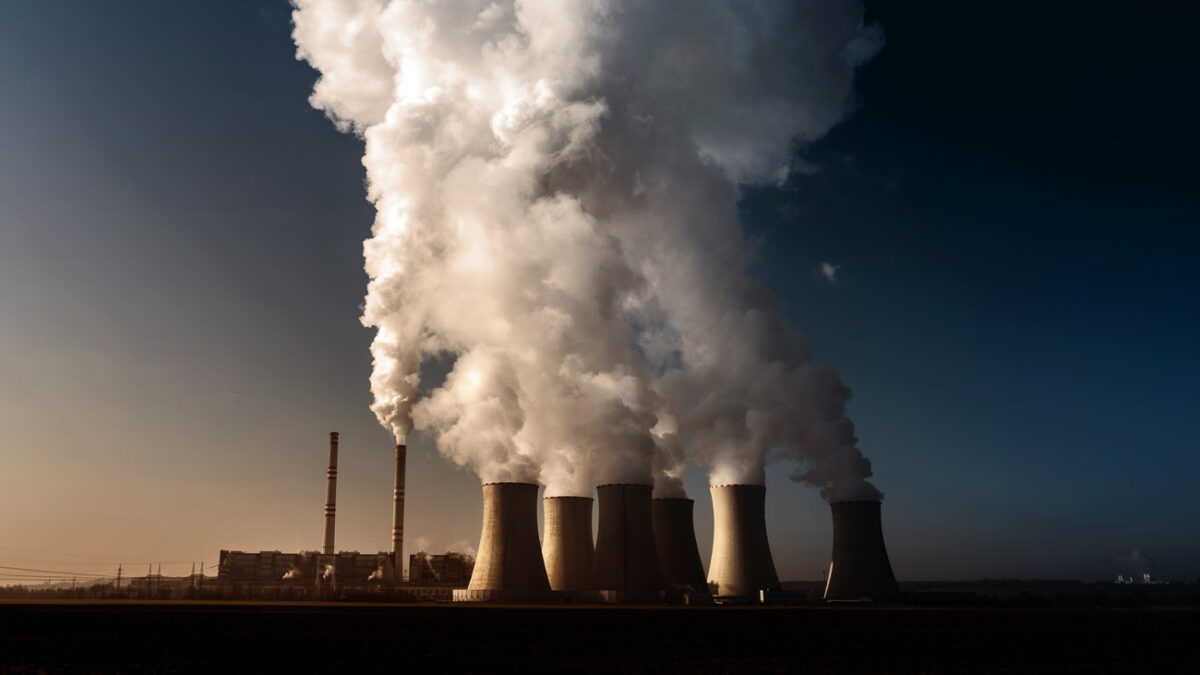Insurance companies continue to underwrite new coal, oil and gas even as payouts from extreme weather explode.
Since 2019, 15 of the world’s biggest insurers invested just under $8 billion in oil and gas companies that have existing or planned operations in the North Sea according to research conducted by Dutch research group Profundo. At the same time, insurance companies are paying out increasingly higher amounts to cover damage as climate change brings more extreme storms, fires and coastal sea-level rise.
Insurance payouts in the first half of 2021 were at a 10-year high of $42 billion according to insurance broker Aon. In the second half of that year, the U.S. was hit by Hurricane Ida with payouts of between $31 and $44 billion. The National Oceanic and Atmospheric Administration counted 20 billion-dollar disasters in the U.S. in 2021 totaling $145 billion in damages, making it the third costliest year on record.
“Insurance is a critical factor when it comes to climate change,” said Lindsay Keenan, European coordinator of Insure our Future, a coalition that tracks the insurance industry’s role in climate change. “Every fossil fuel project and the companies behind them require a variety of insurances to be able to operate.”
Keenan said there are around ten global insurance and reinsurance companies that provide the bulk of the coverage for the global fossil fuel industry. Also, with assets of approximately $30 trillion, insurers are the second largest group of institutional investors after pension funds, and many still invest in fossil fuels.
“If these companies were to apply the recommendations of the International Energy Agency that states that to keep global warming below 1.5 C, there can be no new coal, oil or gas projects, it would be a major barrier to these projects breaking ground.”
How the world’s top ten insurers and top 20 reinsurers act is critical to whether or not we will be able to keep global warming to 1.5 C.
“Insurers, and particularly reinsurers, have had to pay out huge and ever-increasing billions for severe weather events linked to climate change,” Keenan said. “Their solution to that has been not to stop supporting the fossil fuel industry but to increase the costs of insurance for householders across the board.”
Keenan said insurance companies are now asking governments to support them when insurance premiums get too high and to step in to provide a backstop when the insurers are no longer willing to insure in extreme impact areas such as California, the Gulf of Mexico and parts of Australia.
“It is frankly incredible that the insurance industry has been allowed to get away with this for decades,” Keenan said.
In its 2021 Insure our Future Scorecard report, Keenan and his team found that insurers have lost their leadership role in climate change. While the sector stepped up by backing away from new coal operations, which have now become nearly uninsurable, it is doing almost nothing to prevent the growth of oil and gas production.
“Insurers are our global risk managers and they decide what risks do and don’t get taken,” he said.
Progress by insurers on climate change has come in fits and starts and, according to Keenan, varies greatly between companies.
“Allianz, AXA, Axis Capital, Swiss Re, Zurich and Generali have been leaders and within those companies, there are many individuals who have shown tremendous leadership … but even these companies still have a long way to go and most have not yet excluded new oil and gas expansion,” he said.
In early 2022, insurance company, Travelers, adopted a policy to no longer underwrite new coal-fired power plants. In addition, it won’t issue any new policies for –– or new investments for –– companies that generate more than 30% of their revenue or energy production from coal, or have more than 30% of their reserves in tar sands. The company joins a growing list of at least 37 insurers globally that have restricted their coverage of coal projects, and is the 14th to restrict insurance for the tar sands oil sector. As of 2020, more than 65 insurers with combined assets of $12 trillion had divested from coal or pledged to make no new investments, and many have divested from tar sands.
The worst laggards are companies such as AIG, Berkshire Hathaway and Sompo who have not even acted to exclude new coal mining.
There is a global campaign to pressure insurers not to work with the massive new Adani Carmichael thermal coal mine in Australia’s Galilee Basin. So far, 44 major insurers and 110 companies have ruled out working on the project.
Keenan said that U.S. and Asian-based insurers generally still lag behind European Union insurers.
“The worst laggards are companies such as AIG, Berkshire Hathaway and Sompo who have not even acted to exclude new coal mining,” he said. “These companies need to be put under pressure in particular by their investors to get in line with climate science.”
A U.N. report released before COP26 found that by 2030, governments’ production plans and projections would lead to around 240% more coal, 57% more oil and 71% more gas than would be consistent with limiting warming to 1.5 C. The role of investors, insurance companies and financial services in determining whether new fossil fuel projects go ahead is a growing focus for regulators nationally and internationally.
“How the world’s top ten insurers and top 20 reinsurers act is critical to whether or not we will be able to keep global warming to 1.5 C,” Keenan said. “They have the power to decide.”


